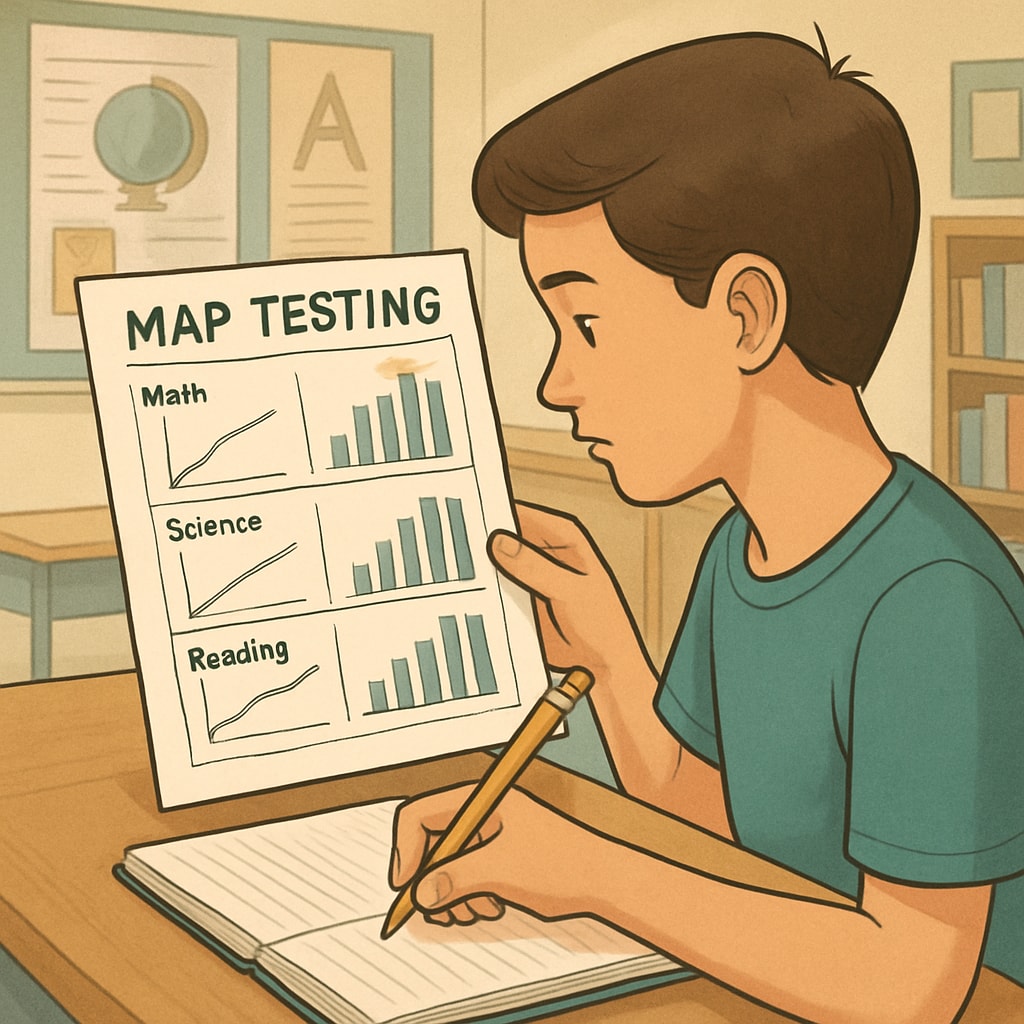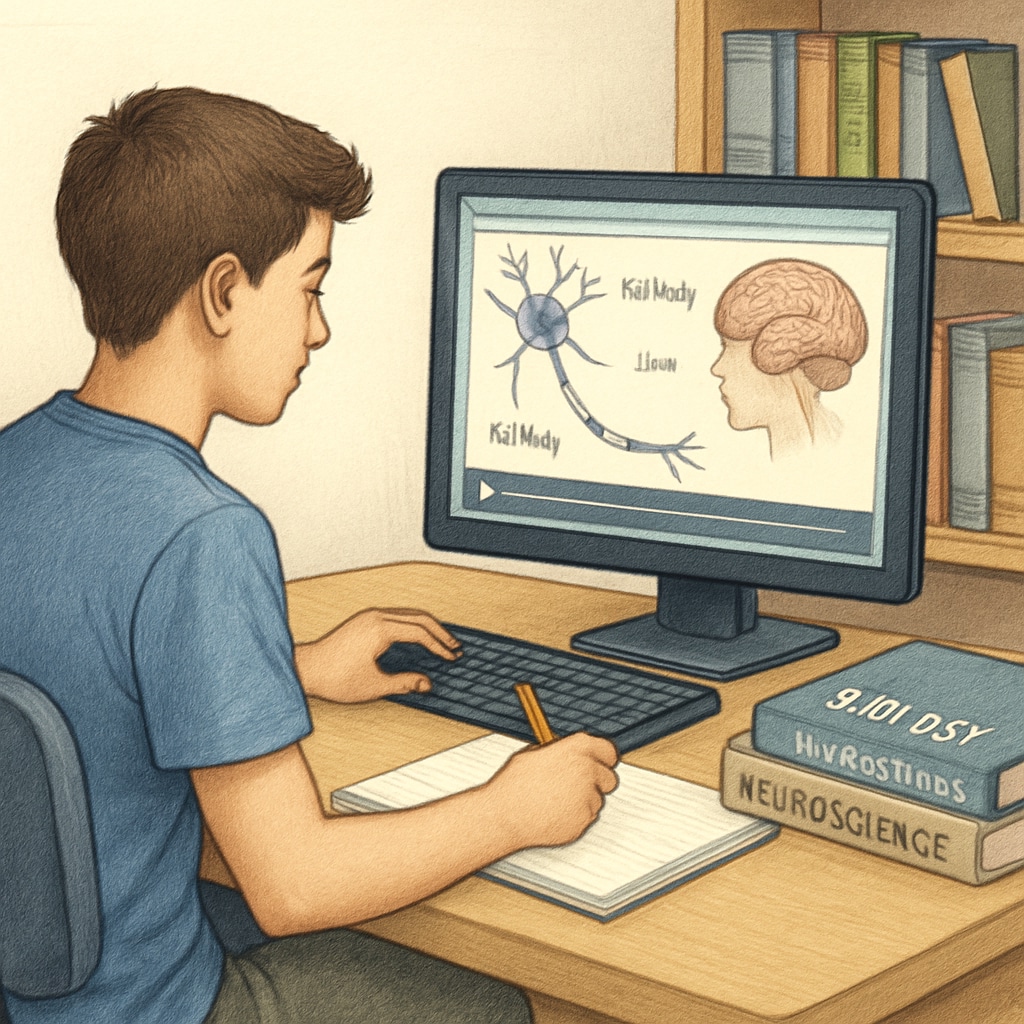For high-achieving K12 students aspiring to become neurosurgeons, the combination of learning supplements, MAP testing, and personalized study strategies can serve as a roadmap to success. Neurosurgery, a demanding yet rewarding field, requires a blend of academic excellence, critical thinking, and hands-on experience. While standard curricula offer a solid foundation, students aiming for this competitive career must go beyond the basics to develop specialized skills and knowledge.
In this article, we will explore how academically gifted students can carve out a personalized learning path, leveraging tools like MAP (Measures of Academic Progress) testing and supplementary academic resources. We will also provide practical strategies for enhancing reading comprehension and diving deeper into key STEM subjects, all of which are critical for aspiring neurosurgeons.
Why Personalized Learning Matters for Aspiring Neurosurgeons
Neurosurgery is one of the most intellectually challenging fields in medicine, requiring years of education and training. To prepare for this journey, it is essential to start early. Personalized learning allows students to tailor their academic experiences to their strengths and areas for improvement, ensuring they are well-prepared for the rigorous demands of medical school and beyond.
One effective tool in this process is MAP testing, which provides detailed insights into a student’s academic progress in subjects like math, science, and reading. By identifying specific areas for growth, students can focus their efforts on mastering critical skills. For example, a student with strong math abilities but weaker reading comprehension can use targeted resources to improve in the latter area, ensuring a balanced academic profile.

Building Strong Foundations with Learning Supplements
Learning supplements are key to bridging the gap between standard curricula and the advanced knowledge required for a neurosurgery career. These resources can include advanced placement (AP) courses, online platforms like Khan Academy, or specialized tutoring in STEM subjects. The goal is to deepen subject-specific expertise while also fostering critical thinking and problem-solving abilities.
- Advanced Coursework: Enroll in AP or honors-level courses in biology, chemistry, and physics to gain an in-depth understanding of foundational sciences.
- Online Platforms: Use resources like Khan Academy or Coursera to explore advanced topics in neuroscience and anatomy.
- Reading and Research: Engage with medical journals and books related to neuroscience to develop familiarity with professional terminology and concepts.
By integrating these learning supplements into their study routines, students can gain a significant academic edge, ensuring they are well-prepared for future challenges.

Enhancing Reading Comprehension for Medical Success
Strong reading comprehension is crucial for aspiring neurosurgeons, as medical professionals must analyze complex texts, research studies, and patient histories. However, this skill is often overlooked in traditional STEM-focused preparation. To address this gap, students can adopt the following strategies:
- Practice Active Reading: Highlight key points, summarize paragraphs, and make notes while reading scientific articles or textbooks.
- Expand Vocabulary: Use medical dictionaries or apps to learn new terms, focusing on those frequently used in neuroscience.
- Engage with Challenging Materials: Read case studies, peer-reviewed journals, and technical reports to build familiarity with the language of medicine.
As a result, students will be better equipped to excel in standardized exams, perform well in medical school interviews, and navigate the demands of a neurosurgery career.
From Academic Excellence to Professional Preparation
Transitioning from high school to a professional medical career is no small feat. Alongside academic preparation, students should seek opportunities for hands-on experience and mentorship. Shadowing physicians, volunteering at hospitals, and participating in STEM competitions can provide invaluable insights into the medical field.
Moreover, maintaining a balanced approach to learning—one that combines academic rigor with extracurricular exploration—ensures that students develop not only technical expertise but also empathy, communication skills, and resilience, all of which are vital for neurosurgeons.
In conclusion, the journey to becoming a neurosurgeon begins long before medical school. By leveraging personalized learning supplements, MAP testing, and targeted strategies for academic growth, high-achieving students can lay the groundwork for a successful and fulfilling career. Start early, aim high, and remember: the path to neurosurgery is as much about perseverance as it is about knowledge.
Readability guidance: Short paragraphs and lists summarize key points; transitional words ensure smooth flow; active voice is prioritized for clarity. Images are strategically placed to enhance understanding.


